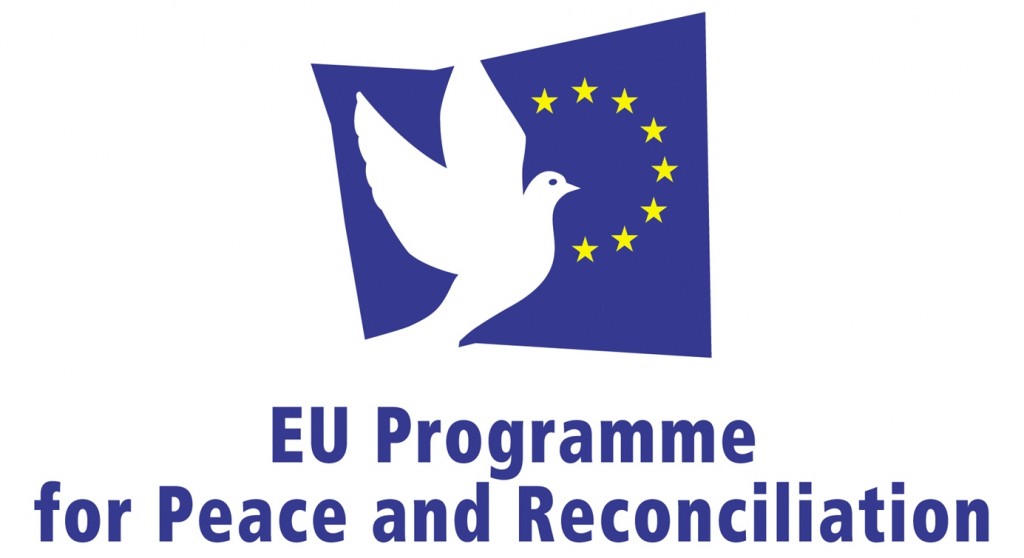“It is my notion that if a society has invested years of energy, time and money in creating division, it will take years of investing energy, time and money to rebuild the relationships that have been torn apart”
Lederach, a world-renown peace analyst and facilitator from the United States, pronounced these words in October 1996 at a conference in Enniskillen, County Fermanagh. I just moved to Belfast and missed the opportunity to meet him. According to Lederach, time and trust would be the main ingredients for a sustainable peace in the region. There was also a need for money and investment in one of the most impoverished areas of Europe at the time.
Two years earlier, the Provisional Irish Republican Army and the Combined Loyalist Military Command have declared their respective cease-fires. Within this context the European Commission rapidly created a special Task Force to identify how the European Union could best assist the incipient peace process, to Northern Ireland and the border counties of the Republic of Ireland in consultation with the national authorities. The Task Force proposed to the European Commission a special support program as the European Union has a clear interest and vital role to play in maintaining the momentum for peace and reconciliation. In this sense, the European Commission has shown increased interest in the area of conflict resolution, in current problems such as in the Basque Country. In July 1995, the European Commission approved the “Special Support Programme for Peace and Reconciliation” with a budget of 500 million Euros for 1995-97, which was later extended for the periods 1997-99, 2000-04, and finally for 2004-06. On April 10, 1998, the Multi-Party Talks ended in an agreement, the so-called Belfast or Good Friday Agreement. One month later the Agreement was supported by a majority of 71% of the population of Northern Ireland in a referendum process.

For three years I conducted research at Queen´s University of Belfast on the “Peace Programme” and the role of the civil society articulated by voluntary and community groups in West Belfast, in both areas the Catholic and Protestant. It was a new academic field for me; not directly related to Basque studies or the Basque diaspora, but soon I relized the significance of the programme for its potential application to the Basque case. By facing the crude reality of the consequences of many decades of destruction at all levels—physical and moral—and learning from the silent daily work of many people on the ground I began to understand the meaning of big words such as “PEACE,” “RECONCILIATION,” “CONFLICT,” “MEMORY”…Building trust was their first and main goal. Both main communities at the ground level, through imaginative programs, were building bridges of trust with their grass-root work—from ecumenical homes as symbols of reconciliation between faiths and peoples to mixed kindergartens where children could play together and share different cultural traditions.
On October 20, 2011 ETA announced the “definitive cessation of its armed activity,” opening a new era in our lives, in our individual and collective history and memory. The lessons learned in the Irish case may encourage the European Union to support programs for peace and reconciliation as a way to generate ideas and mechanisms to apply to similar situations such as the one in the Basque Country. However, I believe it is the civil society the one that needs to lead the changes that we all want to see. We cannot go back and change the past, but it is up to us to build our future together. How would you imagine it? How would you like to remember our future? The way we wish to remember our future is the way we should live our present. It is about time and trust.
We have the last word.
“Me queda la palabra.” En el Principio (in “Pido la Paz y la Palabra,” 1955) by Blas de Otero (1916-1979).

